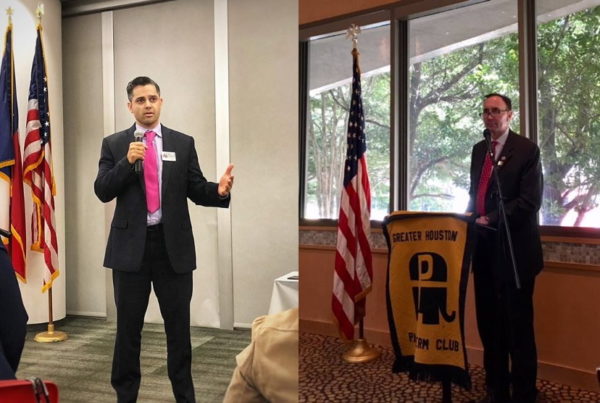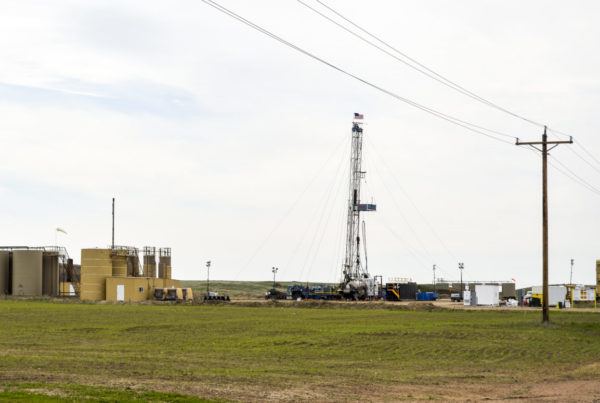Back in February, a 12-year-old girl named Linda Rogers died when her home in northwest Dallas exploded as she was getting ready for school. A preliminary report cited a crack in a natural gas line. An investigation by the Dallas Morning News finds that, since 2006, more than two dozen homes across north and central Texas have been destroyed or damaged because of natural gas leaking from Atmos Energy’s aging system. Nine people have died. At least 22 others have suffered injuries.
Atmos denies fault. And what do Texas regulators say? What action are they taking? Cary Aspinwall is one of the reporters covering this for the Dallas Morning News.
She says some of the text messages between people who work for the Railroad Commission of Texas that the paper obtained through an open records request surprised her – including one exchange about how a Pipeline and Hazardous Materials Safety Administration investigator could “skew” an investigation because the investigator was said to believe “operators are always guilty until they are proven innocent.”
“It was just surprising to us because they’re [the Railroad Commission] supposed to be serving as a public watchdog in this case,” Aspinwall says.
While Aspinwall says she believes the Railroad Commission would say they look at each gas explosion case individually, she says the paper found a pattern.
“When we looked at their record of explosions involving Atmos Energy here in Dallas and in the northern half of the state, when somebody died or was injured, you would think they would be fined — the company would be fined if they were found to have a lax safety response but that wasn’t always the case,” Aspinwall says.
Aspinwall says sometimes, even years after an explosion, the Railroad Commission would reverse decisions that found Atmos at fault.
She says some have been critical that Railroad Commissioners are allowed to take campaign contributions from people they regulate but the Dallas Morning News did not find any direct correlation between when campaign donations were made and when decisions over investigations were made.
















